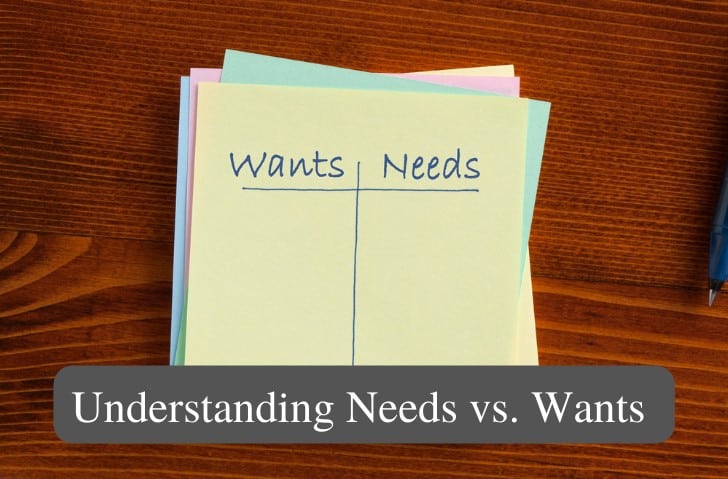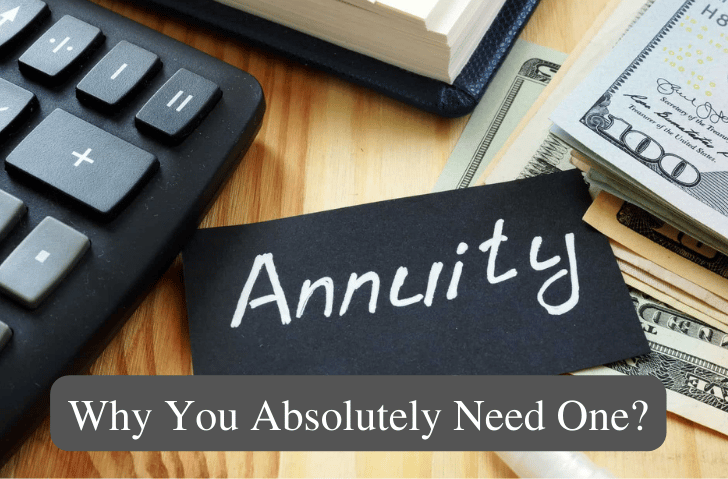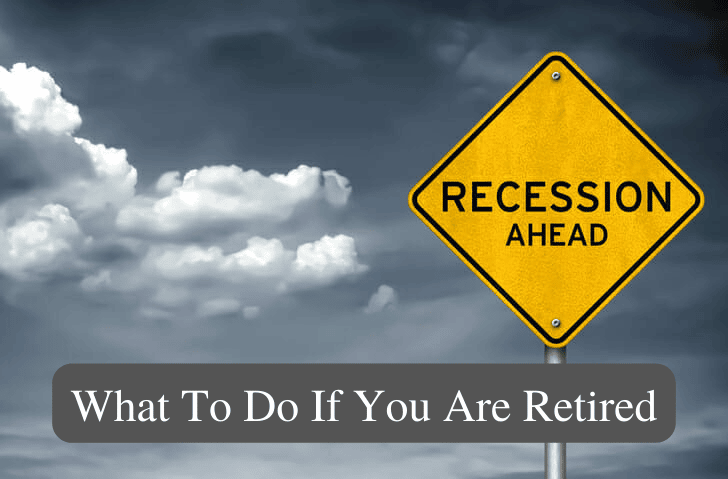Retirement is a time when many people look forward to leaving the workforce and enjoying what should be the most enjoyable phase of your life.
There are many risks when it comes to investing and preparing for retirement. However, there is one threat that is often ignored which has a HUGE impact on the success and reliability of your retirement. The government can impact your retirement negatively. Here are a few examples: Read More












